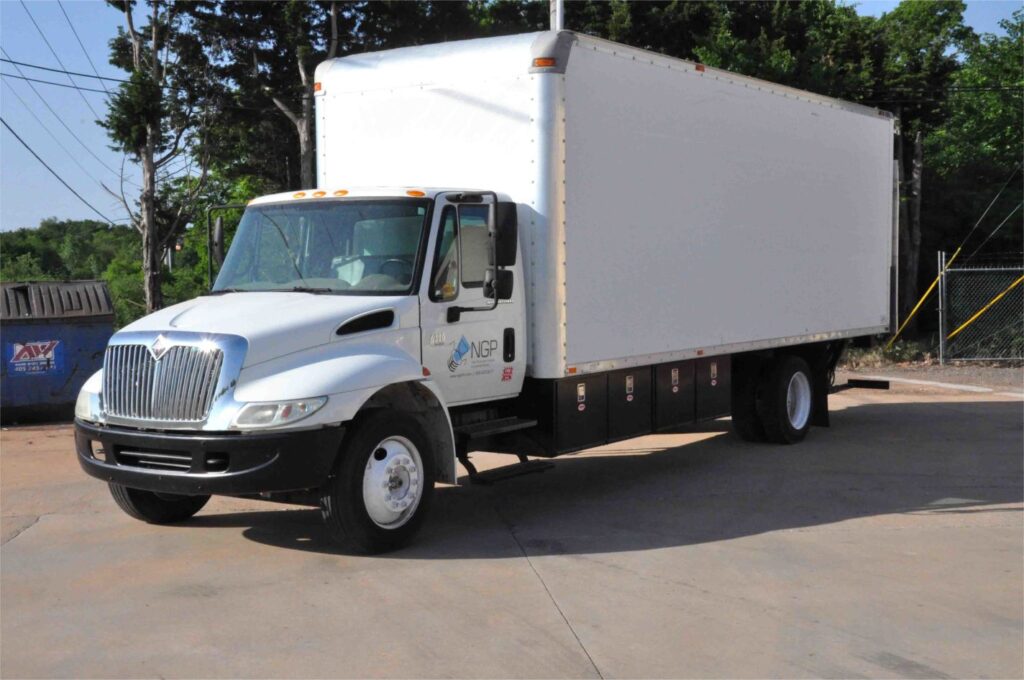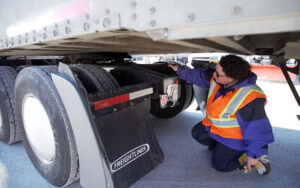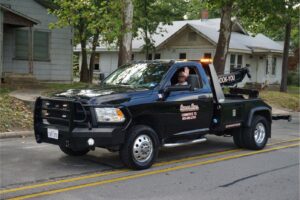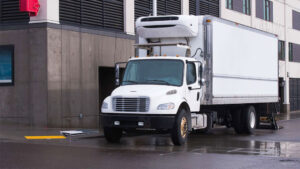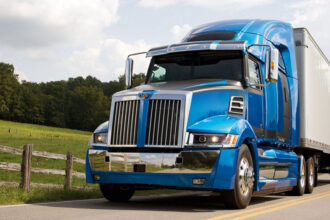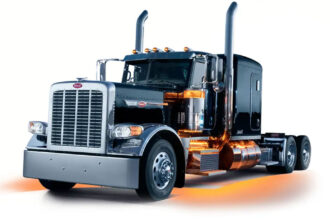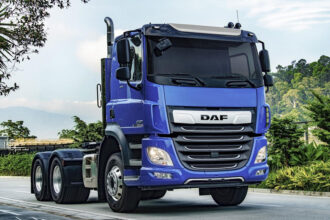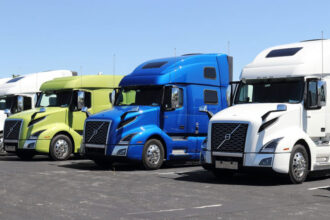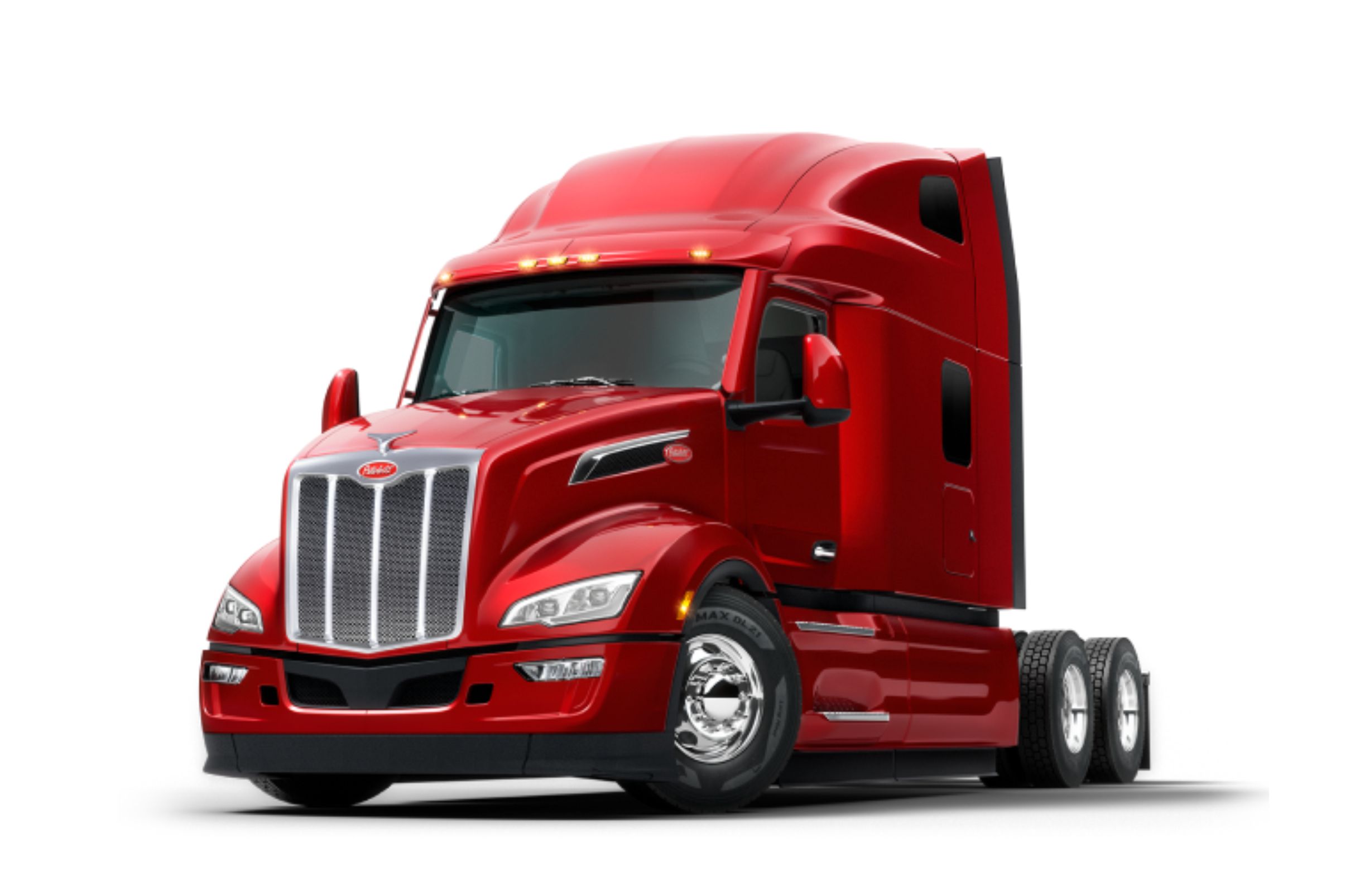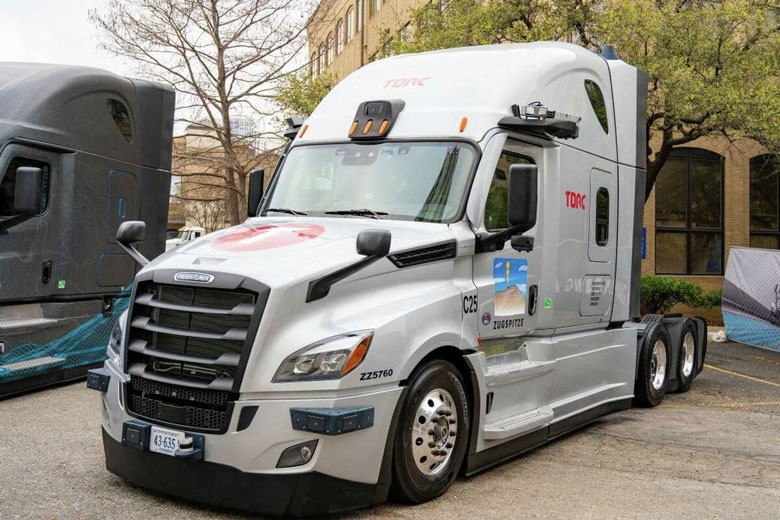Table of Contents
Are you considering the idea of launching your own business? Starting a box truck business can be a promising choice! However, before you dive in, it’s crucial to grasp the pros and cons of this venture.
Do you know that there are numerous advantages associated with running your own company? For instance, your potential earnings and the success of your business have no predetermined limits, depending on your dedication and hard work. Moreover, being your boss grants you increased freedom and flexibility when it comes to managing your time and pursuing personal life goals.
Additionally, owning a business brings tax benefits, allowing you to write off specific expenses like travel costs and office supplies on your annual taxes, if applicable. These are just a few examples illustrating why you may opt for self-employment instead of traditional employment opportunities daily.
So, why wait any longer? If this business aligns with your goals, get the necessary information you need to kickstart your journey.
Feeling inspired? Keep reading.
1. Understand What Box Truck Business is
To know the pros and cons of the box truck business, understand what it is. In a box truck business, you own and operate box trucks, which are medium to large-sized vehicles with an enclosed cargo area. Remember that, you can use these trucks for transporting goods, making deliveries, and offering logistics services. Your business can encompass services like local or long-distance freight transportation, moving services, delivering goods to businesses or consumers, and more. Success in this type of business often hinges on factors like efficient logistics, proper vehicle maintenance, and building a client base for your transportation services.
>>>MORE: Box Truck Business Startup Cost
2. Know How It Works
To understand the advantages and disadvantages of box truck business, know how it works. Bear in mind that the box truck business is a form of revenue where you use trucks to transport goods. You can begin by finding the right-sized truck for your intended cargo and offering your services locally. This includes large furniture, household goods, or warehouse supplies. The most common type of freight you deliver is “less than truckload” (LTL), which has been booming since e-commerce took off. During transit, the box on the back of the truck protects the goods from bad weather. Guess what? A box truck business can become profitable, especially if you can secure a large volume of contracts or charge premium prices for your services. A small box truck business can typically generate annual revenues of anywhere from $50,000 to $100,000. A larger operation with multiple trucks could potentially bring in several hundred thousand dollars per year.
3. Consider The Requirements of Box Truck Business
To grasp the pros and cons of the box truck business, consider the requirements. Understand that a box truck, also known as a cube truck or straight truck, has specific requirements to fulfill its versatile transportation role. Typically ranging from 12 to 26 feet in length, it must provide you with ample cargo space while remaining maneuverable. Also, the truck must have a durable chassis, powerful engine, and efficient transmission for hauling loads safely and economically.
Additionally, Box trucks require secure cargo compartments, often equipped with loading ramps or liftgates. Interior features should ensure driver comfort and productivity, including ergonomic seating and advanced technology for navigation and logistics. That’s not all, these vehicles must meet safety regulations and emissions standards making reliability and maintenance crucial considerations for any fleet.
4. Explore the Advantages of Box Truck Business
Starting a box truck business can offer several advantages, and here are some of the key benefits in detail:
Versatile Business Opportunities
Remember that box trucks are versatile and you can use them for various purposes, such as moving services, freight delivery, food truck operations, mobile retail, and more. This versatility allows you to adapt your business to different markets and customer needs.
Lower Initial Investment
Compared to larger commercial vehicles like tractor-trailers, box trucks typically have a lower initial cost. This makes it more accessible for you to enter the transportation and logistics industry.
Ease of Licensing and Regulation
Keep in mind that box trucks are subject to fewer regulatory requirements and licensing hurdles than larger commercial vehicles. This means you can start your business more quickly and with less bureaucracy to navigate.
Scalability
As your business grows, you can easily scale up by adding more box trucks to your fleet. This scalability allows you to expand your services and reach a larger customer base over time.
Local and Regional Markets
Recall, box trucks are well-suited for local and regional transportation needs. You can focus on serving businesses and customers in your immediate area, reducing the need for long-haul trips and potentially increasing your customer base.
Diverse Customer Base
Depending on your chosen niche, you can serve a diverse range of customers, including e-commerce companies, retailers, construction firms, event planners, and more. This diversity can help stabilize your business and reduce dependence on a single industry.
Customization
You can customize your box trucks to meet specific business needs. For example, you can install refrigeration units for food delivery or shelving for moving and storage services. Customization allows you to cater to niche markets effectively.
Steady Demand
The need for local transportation and delivery services remains relatively constant, even during economic downturns. This can provide your box truck business with a degree of stability.
Flexible Working Hours
You can set your working hours and schedules based on the needs of your business and clients. This flexibility can be particularly appealing for you if you’re seeking work-life balance.
>>>PRO TIPS: Box Truck Business Insurance
5. Learn About the Disadvantages of Box Truck Business
Running a box truck business, like any business, comes with its own set of disadvantages. Here are some of the key disadvantages to consider:
High Initial Investment
Don’t forget that purchasing or leasing box trucks can be expensive, especially if you need to buy multiple vehicles. Additionally, outfitting the trucks with the necessary equipment for specific cargo can add to the initial cost.
Maintenance Costs
Understand that box trucks require regular maintenance to keep them in good working condition. This includes servicing the engine, brakes, tires, and other components. Maintenance costs can add up over time.
Fuel Costs
Bear in mind that fuel costs can be a significant expense for box truck businesses, especially when fuel prices are high. The size and weight of the trucks can result in poor fuel efficiency.
Insurance Costs
Don’t forget that commercial truck insurance is typically more expensive than standard car insurance due to the higher risks associated with operating larger vehicles. The cost of insurance can eat into your profit margins.
Driver Recruitment and Training
Sometimes finding and retaining qualified drivers can be a challenge. You need to invest time and resources in recruiting, training, and possibly certifying your drivers, which can be an ongoing cost.
Regulatory Compliance
Keep in mind that the trucking industry has some regulations. You must therefore adhere to various federal, state, and local regulations, which can be complex and time-consuming. Violations can result in fines and legal issues.
Competition
Don’t forget that the box truck industry is competitive, and there may be many other businesses offering similar services in your area. Standing out and winning customers can be tough.
Dependence on Economic Conditions
Remember that the success of a box truck business is closely tied to economic conditions. During economic downturns, you may have fewer goods to transport, leading to decreased revenue.
Seasonal Fluctuations
Don’t overlook that some box truck businesses experience seasonal fluctuations in demand. For example, businesses involved in holiday or agricultural transport may be busier during certain times of the year and slower during others.
Lack of Predictable Schedule
Recall that the nature of delivery and transportation businesses often means irregular working hours and schedules. This can impact work-life balance for you and your employees.
Environmental Concerns
Note that as environmental regulations become stricter, there may be pressure to invest in more fuel- or eco-friendly vehicles, which can be costly.
Recap
To understand the advantages and disadvantages of the box truck business, get familiar with the fundamentals, including how it functions and the requirements. Note the various advantages and disadvantages which offer a holistic view for you to make informed decisions.


